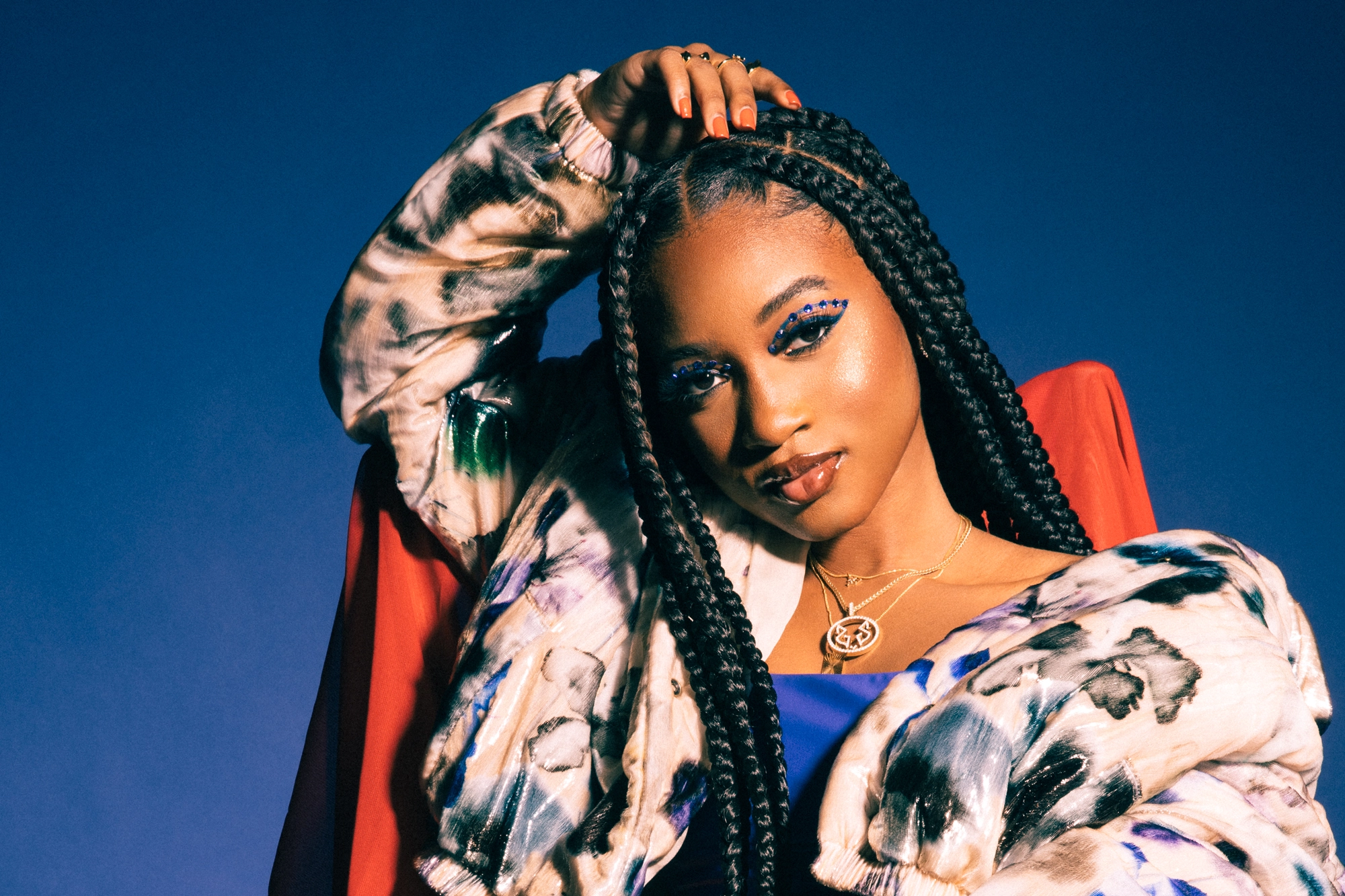Throughout history, Black female singers have profoundly impacted the music industry, blending powerful vocals with social messages and cultural influence. These trailblazers have contributed across multiple genres — from gospel and blues to jazz, soul, R&B, and hip-hop — inspiring future generations with their artistry, resilience, and activism. This article explores the legacies and achievements of some of the most influential Black female singers, highlighting their contributions to music and society.
The Roots of Black Female Singers: Gospel and Blues
The musical journey of Black female artists began with gospel and blues in the early 20th century. As many African American communities faced oppression, these genres provided a platform for storytelling and spiritual resilience.
Mahalia Jackson was one of the earliest influential gospel singers, known as the “Queen of Gospel.” With her deep, soulful voice, Jackson brought gospel to mainstream audiences and became an icon of the civil rights movement, performing at Dr. Martin Luther King Jr.’s events.
In the realm of blues, Bessie Smith was a trailblazer, often called the “Empress of the Blues.” Through her music, she articulated the struggles and joys of African Americans during the early 1900s, tackling themes of love, hardship, and independence. Smith paved the way for other female blues singers and inspired genres like jazz and soul.
Jazz Icons: Redefining Musical Expression
The jazz era introduced new opportunities for Black female singers, allowing them to showcase improvisational brilliance. Billie Holiday became a defining figure of the genre, mesmerizing audiences with her unique phrasing and emotive delivery. One of her most impactful songs, “Strange Fruit,” protested lynching and racial violence in the American South, using music as a tool for social activism.
Another towering figure in jazz was Ella Fitzgerald, also known as the “First Lady of Song.” With impeccable vocal technique, including scat singing, Fitzgerald captivated audiences worldwide. She broke barriers, becoming the first Black woman to win a Grammy Award in 1958. Her contributions to jazz helped elevate the genre, solidifying it as a central part of American culture.
The Rise of Soul and R&B: Empowering Voices
The 1950s and 1960s marked the rise of soul and R&B, genres deeply rooted in gospel and blues traditions. During this period, Black female singers became central figures in the fight for civil rights and social justice.
Aretha Franklin, the “Queen of Soul,” was a transformative force in music. Known for hits like “Respect” and “Natural Woman,” Franklin used her voice to advocate for equality, becoming a symbol of empowerment for both women and African Americans. Her influence went beyond music, as she became involved in political activism and supported civil rights initiatives throughout her life.
Another influential figure was Etta James, whose powerful voice seamlessly blended blues, soul, and jazz. Songs like “At Last” and “I’d Rather Go Blind” showcased her emotional depth and vocal prowess, leaving a lasting impact on the music industry.
During this era, Nina Simone also rose to prominence. Simone’s music was not just entertainment; it was activism. Through songs like “Mississippi Goddam” and “To Be Young, Gifted and Black,” she confronted racism head-on, becoming a vital voice in the civil rights movement. Her genre-defying style combined jazz, classical, and folk elements, making her one of the most innovative artists of her time.
Disco and Pop Stars of the 1970s and 1980s
The 1970s and 1980s saw the emergence of Black female singers as international superstars, bringing disco and pop music to mainstream audiences. Donna Summer was crowned the “Queen of Disco,” with hits like “Hot Stuff” and “Last Dance.” Her powerful vocals and infectious beats helped define the disco era, creating a sound that dominated dance floors across the globe.
Meanwhile, Diana Ross, both as the lead singer of The Supremes and as a solo artist, became one of the most influential pop icons of the 20th century. Her glamorous stage presence and versatile vocal style earned her chart-topping hits in soul, R&B, and pop genres. Beyond music, Ross broke racial barriers in film and television, becoming a role model for aspiring Black performers.
Hip-Hop and R&B Queens: 1990s to the 2000s
The 1990s and 2000s ushered in a new era of Black female singers, especially in R&B and hip-hop. This period produced some of the most celebrated and influential voices in modern music.
Whitney Houston was one of the most iconic voices of this era. With her unmatched vocal range and ability to convey deep emotion, Houston delivered unforgettable hits like “I Will Always Love You” and “Greatest Love of All.” She became the first Black woman to receive heavy rotation on MTV, helping to break down racial barriers in the music industry.
Mary J. Blige emerged as the “Queen of Hip-Hop Soul,” blending soul music with hip-hop beats to create a unique sound. Her music often addressed themes of love, heartbreak, and personal growth, resonating with audiences worldwide.
The rise of hip-hop in the 1990s also paved the way for singers like Lauryn Hill. As a member of the Fugees and a solo artist, Hill combined rap and soulful singing with thought-provoking lyrics. Her album The Miseducation of Lauryn Hill remains a cultural milestone, earning her multiple Grammy Awards and solidifying her place in music history.
Contemporary Icons: Shaping the Future of Music
Today, Black female singers continue to shape the music industry across multiple genres, from pop and R&B to hip-hop and electronic music.
Beyoncé, often referred to as “Queen Bey,” has become one of the most influential artists of her generation. With a career spanning decades, Beyoncé has released chart-topping albums, including Lemonade and Renaissance, which explore themes of identity, empowerment, and social justice. Her performances, activism, and business ventures have made her a cultural icon beyond music.
Rihanna is another global superstar, known for her genre-blending sound that includes pop, R&B, and dancehall influences. In addition to her musical achievements, Rihanna has made waves in the fashion and beauty industries, launching inclusive brands that celebrate diversity.
Artists like Lizzo and SZA are also leading the charge in redefining modern music. Lizzo’s empowering messages about self-love and body positivity resonate with audiences worldwide, while SZA’s introspective lyrics explore themes of love, mental health, and personal growth.
Conclusion: The Enduring Legacy of Black Female Singers
The contributions of Black female singers to the music industry are immeasurable. These artists have not only shaped musical genres but have also used their platforms to advocate for social change, break down barriers, and inspire generations of listeners. From the soulful gospel of Mahalia Jackson to the genre-defying sound of Beyoncé, Black female singers have consistently been at the forefront of cultural and musical movements.
Their legacies serve as a testament to the power of music as a tool for expression, empowerment, and activism. As new generations of Black female singers continue to emerge, they carry forward the spirit of innovation and resilience, ensuring that the voices of Black women remain central to the ever-evolving landscape of music and culture.



